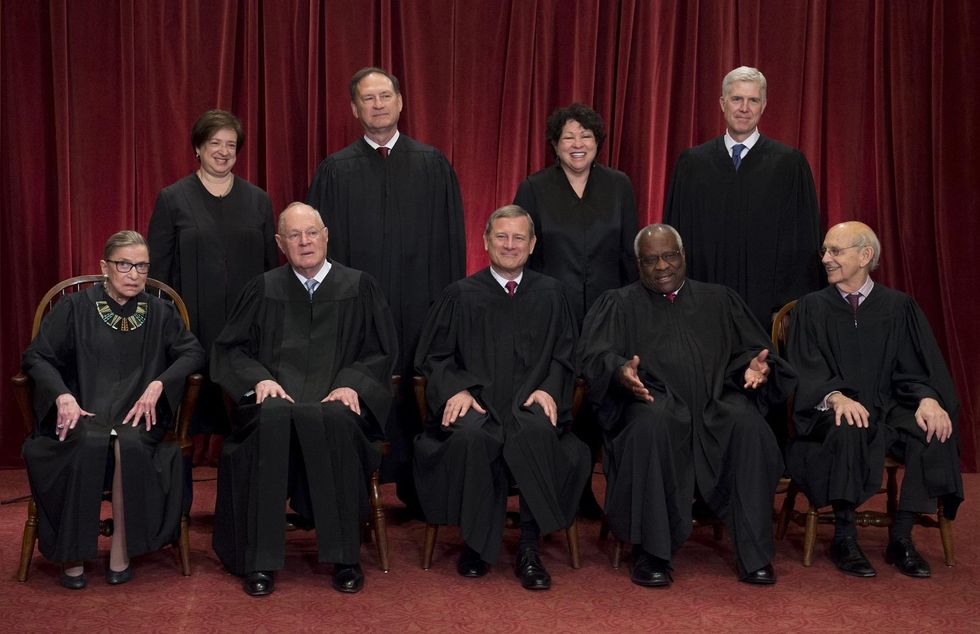In a 5-4 ruling on Thursday, the Supreme Court decided that states could tax internet sales, even when the internet retailer was not based in that state.
This overturned two Supreme Court rulings: 1967's National Bellas Hess, Inc. v. Department of Revenue of Illinois and 1991's Quill Corporation v. North Dakota, which prevented states from collecting these taxes.
What does this case cover?
Before this ruling, online retailers had to have a physical presence in a state to be subjected to that state's sales tax. This gave them an advantage over brick-and-mortar stores. Before this ruling, Amazon, for example, collected sales tax only from customers in Washington and Pennsylvania.
South Dakota specifically brought this lawsuit against Wayfair, Overstock.com, and Newegg. All three companies sold online merchandise in the state, but did not have a physical location or employees there, and were exempted from collecting sales tax from their South Dakota customers.
South Dakota Gov. Dennis Daugaard (R) estimated that his state alone would get an additional $50 million a year in new taxes from online purchases because of this ruling.
How did the justices rule?
For this case, South Dakota v Wayfair Inc., Justice Ruth Bader Ginsburg joined Justices Samuel Alito, Neil Gorsuch, Anthony Kennedy, and Clarence Thomas to deliver the majority opinion. Chief Justice John Roberts joined Stephen Breyer, Sonia Sotomayor and Elena Kagan in the dissent.
Writing the majority opinion, Kennedy called the previous ruling in Quill "flawed" and "removed from economic reality." He argued that Quill was "a judicially created tax shelter for businesses that limit their physical presence in a State but sell their goods and services to the State’s consumers, something that has become easier and more prevalent as technology has advanced. "
What else?
The Trump administration had encouraged the Supreme Court to overturn the previous rulings and allow South Dakota to collect the sales tax.
This is a developing story and will be updated.




